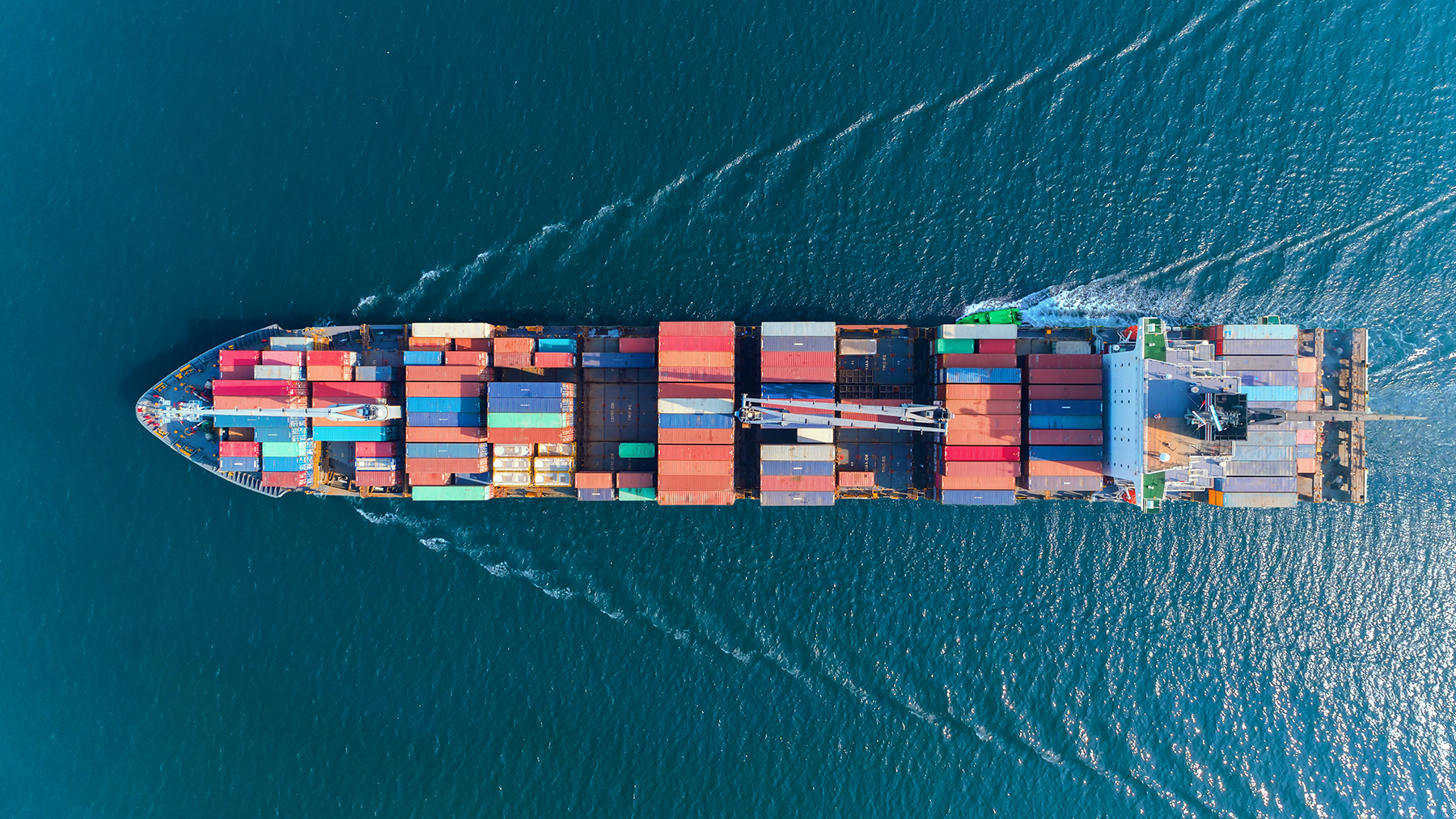
For the past weeks, there have been significant developments in the area of sanctions. The EU, the US and the UK have all issued prohibitions targeting in particular Russia’s energy sector, and the EU has made a much-desired clarifications of the scope of the asset freeze provision.
On 23rd October, the EU Council adopted a 19th sanctions package against Russia as well as additional sanctions against Belarus. The package may be summarised as follows:
Up to now, the Russian energy sector has been somewhat of the “elephant in the room” for the EU, having remained essentially unsanctioned with the exception of some more or less symbolic prohibitions regarding e.g. the import of Russian crude. Reportedly, EU spent more money in 2024 purchasing Russian energy than what is has donated to Ukraine. Hence, the sanctioning of Russian gas imports as well as the sanctioning of two major Russian oil companies is a big step for the EU.
Notably, as part of EU:s previous sanctions package (the 18th package), as of 21 January 2026 it will be prohibited to import refined petroleum products deriving from Russian crude. EU importers are therefore subject to significant due diligence requirements to ensure that the origin of imported products are not Russian. The Commission’s FAQ (albeit non-binding) was recently updated in order to provide the industry with guidance on how to comply with these requirements.
Furthermore, the Commission’s “eight-factor test” for assessing whether a sanctioned person is deemed to exercise control over another entity, which previously only has been found in a non-binding Best Practice document, has now been made binding through its inclusion in Article 1 of Council Regulation 269/2014. In addition, Article 2 of the same Regulation has been clarified, making clear that mere affiliation with a sanctioned person is not sufficient in order for an otherwise non-sanctioned person to be considered a sanctioned person. Instead, ownership or control is required.
The legal texts of the 19th package can be found here.
Of major importance and presumably of larger concern for Russia, in particular in combination with the EU’s 19th package, is that the US on 22 October sanctioned Lukoil and Rosneft. The companies had some days earlier been sanctioned by the UK. Since the US dollar is the going currency for the global oil trade, trading with Russian oil products will be inherently difficult no matter where in the world the trading takes place. The move had immediate effect, with reports that some Chinese State owned oil majors have suspended Russian oil buys.
The move also has immediate repercussions in our part of the world – Lukoil has several subsidiaries in Europe and any dealing with them need to be carefully analysed in the light of the US (and UK) sanctions. The US Department of Treasury specifically states that all entities owned to 50 percent or more, directly or indirectly, by Rosneft and Lukoil are blocked. Notably, the Finnish oil company Teboil, which is a subsidiary of Lukoil, reports on its website that it may encounter delays in delivery of fuel. Reports also suggest the Finnish State-owned oil company Neste has ceased deliveries to Teboil.
On 28 September 2025, the UN Security Council reimposed all nuclear-related UN sanctions and restrictions against Iran that had been terminated under the UN Security Council Resolution 2231, which endorsed the Joint Comprehensive Plan of Action (JCPoA). This follows the invoking of the snap back mechanism by France, Germany and the UK (E3), who notified the UN Security Council on 28 August of Iran’s significant non-compliance of its commitments under the JCPoA. As a result, EU is reimposing nuclear related sanctions against Iran. Sanctions have been imposed against the financial, banking and insurance sectors, trade in the oil, gas and petrochemical sectors, activities in the shipping, shipbuilding and transport sectors. Moreover, several persons, entities and bodies will again be subject to asset freeze. Furthermore, payment flows between the EU and Iran are now subject to strict requirements. The reimposition of sanctions are relevant also for companies not involved in trade with Iran, since any company could be exposed to the risk of being deemed participating in circumvention of sanctions should products end up in Iran through intermediaries, even in the absence of an intent to circumvent sanctions.
It is abundantly clear that the area of sanctions remains increasingly in focus, and complex. One key take-away is that companies are expected to exercise risk based due diligence (in addition to the various express due diligence obligations that apply under EU sanctions against Russia and Belarus) irrespective of if they trade with Russia, Iran or any other country subject to sanctions. Furthermore, a holistic approach is required in the light, in particular, of US and UK sanctions.
In case of any questions about the above or any other Trade Compliance related issues, please contact Anders or Martin.